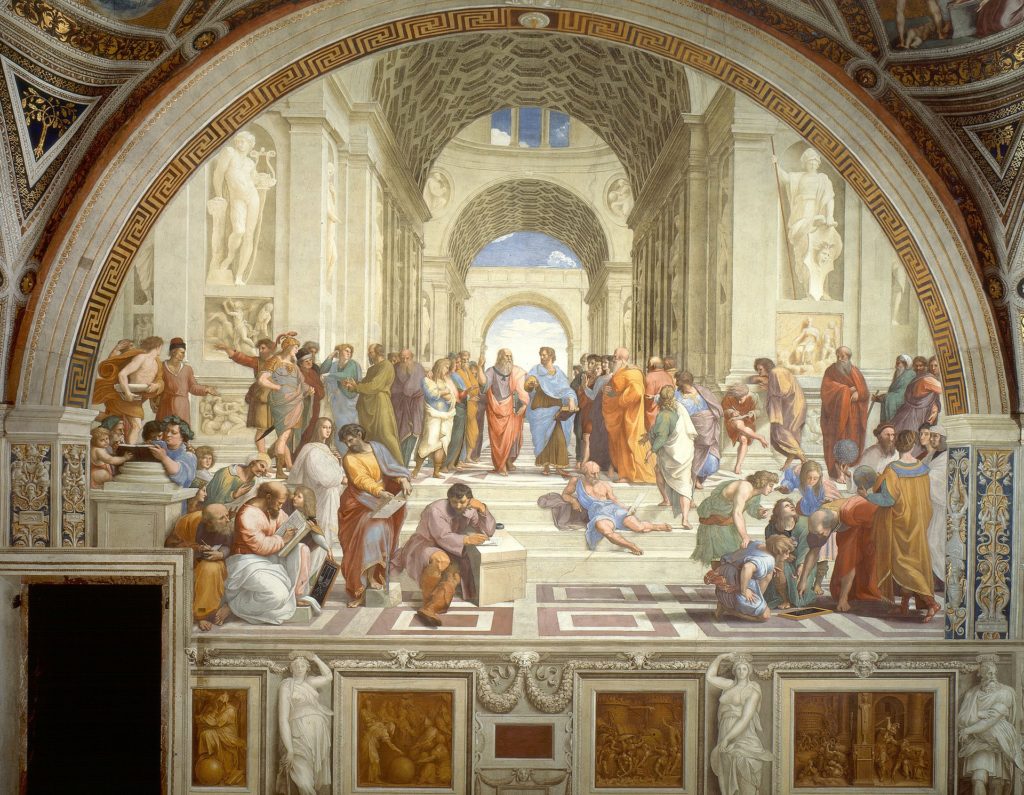Histories of Knowledge: Political, Historical and Cultural Epistemologies in Intellectual History
12-15 September, Ca’ Foscari University of Venice
Keynotes: Vera Keller (University of Oregon) and Shaul Bassi (Ca’ Foscari University of Venice)
The International Society for Intellectual History is pleased to announce the Call for Papers for its 2022 conference to be held in Venice. The conference addresses the knowledge-power entanglement in intellectual history, including at the level of historiography.
In recent years, the Covid-19 pandemic, climate change, the growth of global inequalities, and the emergence of global conspiracy theories have brought to the fore the political dimensions of knowledge by eliciting debates on issues such as post-truth, the crisis of expertise, and the control of data and information. Drawing inspiration from the pressing issues of today’s world, #ISIH2022 will use the lens of intellectual history to explore the mutual influence of ideas stemming from the political and cultural realms, ranging from philosophy to the sciences, the arts, and literature. We also invite material and social inquiries into the political and cultural conditions that inform knowledge construction at three different levels: its roots, its validation processes, and its implications. This type of approach, which investigates the politically-informed, ever-changing historical conditions of knowledge, is what we refer to as ‘political epistemology’.
Collectively, we aim to foster enquiry into the interplay of the political and the intellectual, including (but not limited to) the topics listed below, from Western as well as global perspectives.
- Political legitimation of evidence claims in the history of knowledge
- Post-truth epistemologies as a cultural-political problematic
- Crises of expertise in history
- Environment, ecology and politics in intellectual history
- Global and local asymmetries of knowledge in intellectual history
- Gender, race, sexuality, and power in the history of knowledge
- The material practices of knowledge making
- Histories of science, histories of knowledge, and politics: historiographical continuities and ruptures
- Loci of knowledge production (geographies, laboratories, institutions)
- The politics and epistemology of labour organisation
- The place of agency in processes of knowledge production
- The knowledge and politics of Otherness
